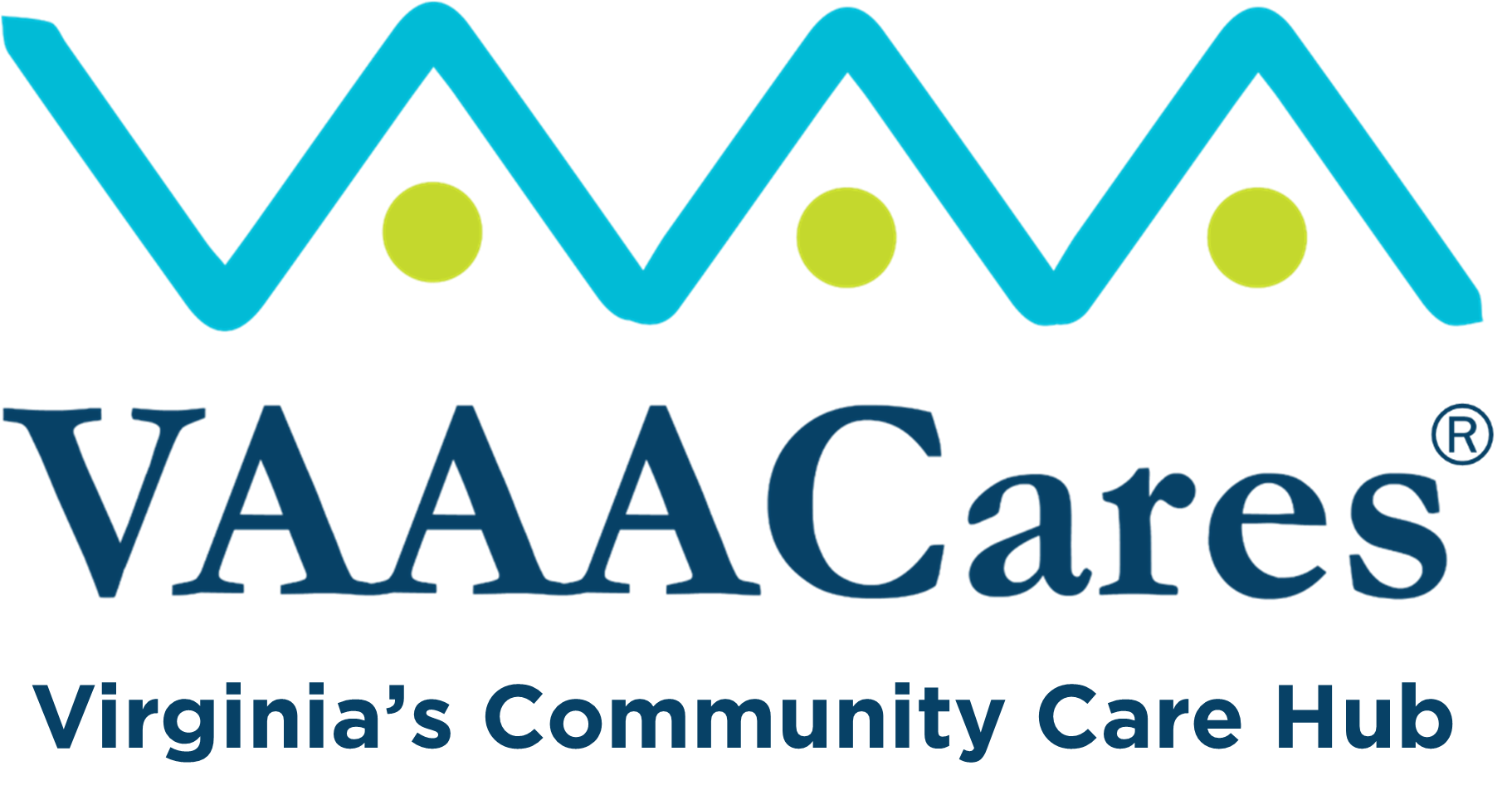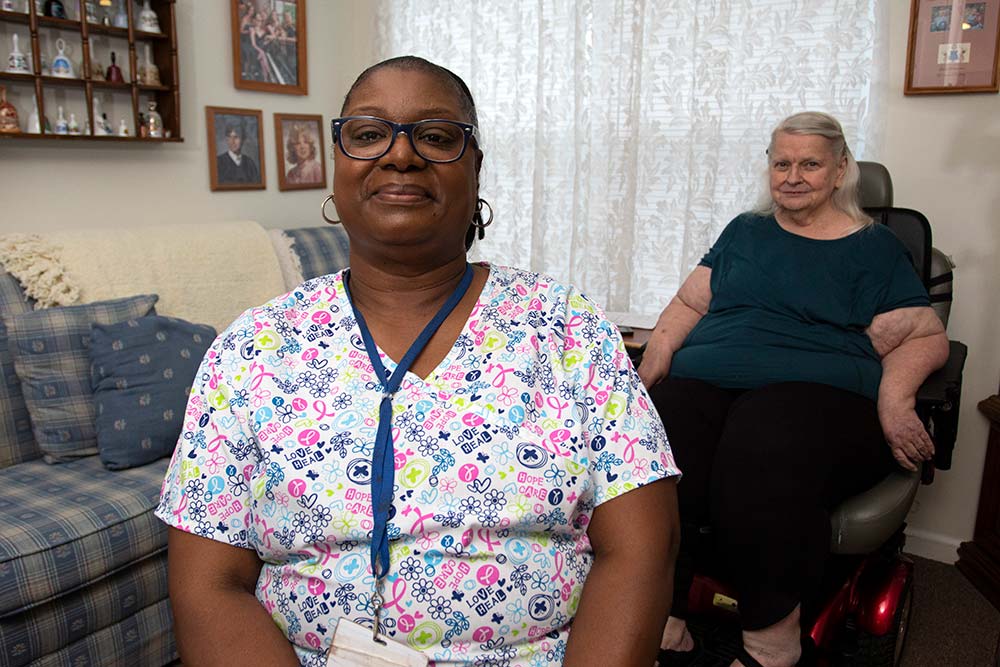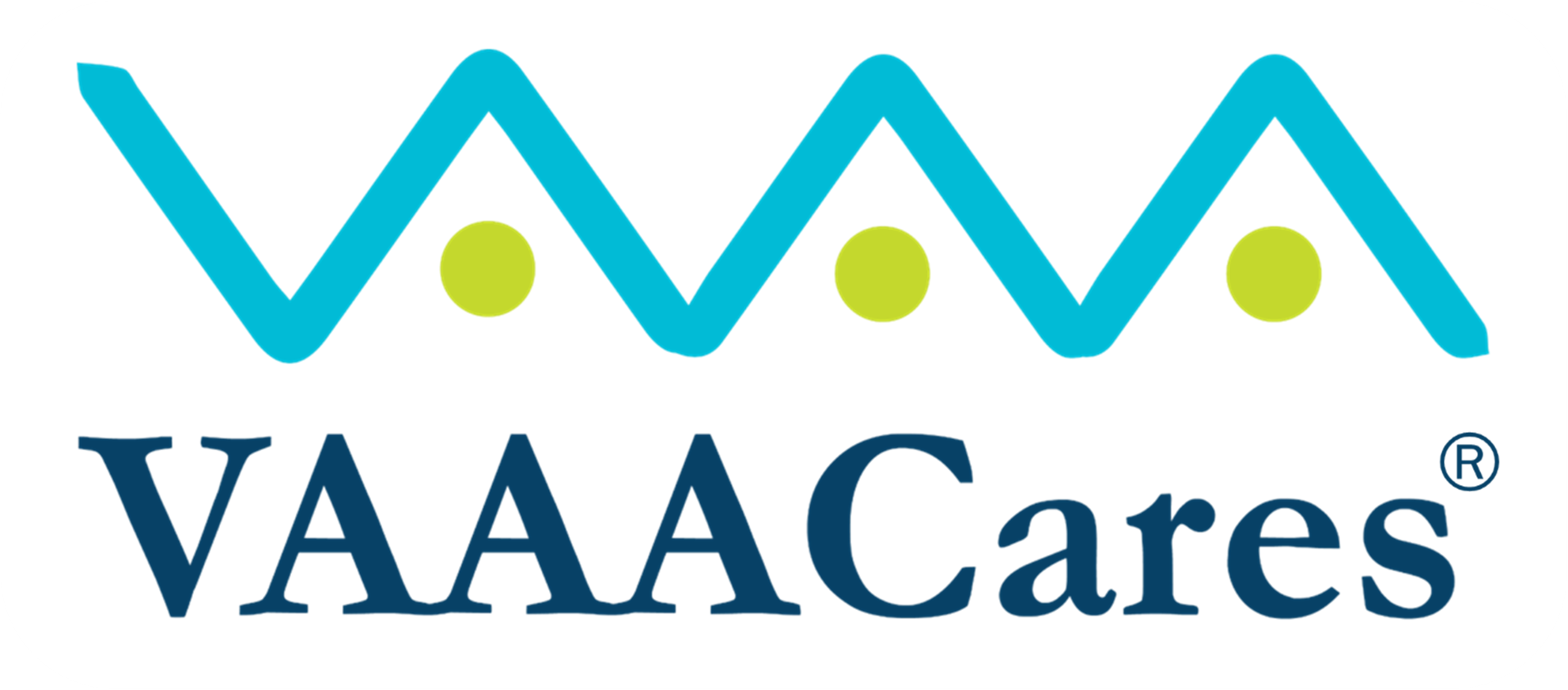Transitional Care Support

VAAACares® Transitional Care Support is a customizable evidence-informed model. The program focuses on providing patients and family caregivers the skills, confidence, and tools they need to take a more active role in their care and ensure that their needs are met during the critical period after a hospital discharge.
The Transitional Care Support Health Coach is the key to encouraging and activating a patient and family caregiver.

♦ Transitional Care Support Health Coaches help patients identify problems and then facilitate new behaviors, self-management skills, and communication strategies for patients and caregivers to build their confidence in order to successfully respond to common problems that may arise
♦ Transitional Care Support is effective for health system readmission reduction strategies, Emergency Department diversion, and prevention of hospitalizations
♦ VAAACares® has capacity to deliver Transitional Care Support statewide for Medicare, Medicare Advantage, and Managed Care Organization Medicaid populations
Transitional Care Support is a 30-day intervention that may include but is not limited to:
Hospital visit prior to discharge and/or contact with case management/discharge planners. The Health Coach will:
♦ Meet with the member prior to discharge (if possible)
♦ Confirm demographic information
♦ Schedule a home visit
♦ Discuss goals of the program.
A minimum of one home visit (in-person or telephonic) within 72 hours of discharge to include the following:
♦ Medication Self-Management & Review to promote member knowledge about medications, identify any discrepancies from discharge plans, develop a medication management system, and identify non-reported medications
♦ Ensure PCP or Specialist appointments have been scheduled and completed; help arrange transportation if needed
♦ Red Flag identification to promote understanding of indications that their conditions are worsening and how to respond
♦ Risk Assessment, Environmental Assessment, Food Insecurity Screening, and referrals for Options Counseling evaluation for additional support services if needed
Two or more follow-up calls within the first 30 days and additional calls if needed to promote compliance with the established health goals and ensure member activation
Services delivered in the home and community to address transportation issues, food insecurity, housing, and social isolation, as well as programs to manage chronic disease, prevent falls, and more, are proven supports that maximize independence and allow older adults to age in place.
All VAAACares® Health Coaches are trained and certified in evidence-based models of care that are delivered in the member’s home.

When incorporated together with Medicaid Care Coordination, staff providing Transitional Care Support services will be supervised by a Registered Nurse or Licensed Clinical Social Worker. Staff training includes but is not limited to:
♦ Chronic Disease Self-Management Education
♦ Diabetes Self-Managment Education
♦ Fall Prevention Certification
♦ Options Counseling
♦ Mental Health First Aid Training
♦ Motivational Interviewing Approach
Transitional Care Support offers effective processes for managing care transitions, identifying problems that can cause unplanned transitions, and preventing unplanned transitions. VAAACares® works to reduce unplanned transitions by:
Identifying members who transition between settings
Notifying providers of a transition within a specified time frame
Assigning a specific person responsible for supporting the member through the transition
Communicating with the receiving setting
Communicating with the member and their designated representatives
Tracking transition status
Collaborating with the discharge team on the discharge plan
Reassessing the appropriateness of the case management plan
Documenting and reconciling medications with members
Home can be the most critical place, often overlooked, in identifying factors impacting health and recovery.

Complex patient diagnoses, treatment, and recovery can be made more complex by home circumstances. A home visit identifies any such issues, and does so far more effectively and completely than is possible through a phone call or in-office visit.
Our evidence-based solutions, delivered in the home, address non-medical risk factors shown to improve health outcomes and reduce the cost of care. When investing in care for patients with complex needs, the home cannot be ignored! Factors identified through home visits include:
♦ Medication issues: duplications, interactions, polypharmacy, meds not listed on inventory, herbals & supplements, and over-the-counter meds
♦ Environmental issues: fall risks, hoarding, odors, and disrepair of structure or appliances
♦ Food insecurity and self-care concerns
All member documentation will meet contractual requirements.
Documentation can be completed within MCO/insurer’s care management software systems. Data and performance tracking also occur within a nationally recognized software system purchased by Bay Aging.
Members/patients are tracked monthly to ensure effectiveness of the program and meet specific performance standards established by the MCO/insurer/health system and VAAACares®.
